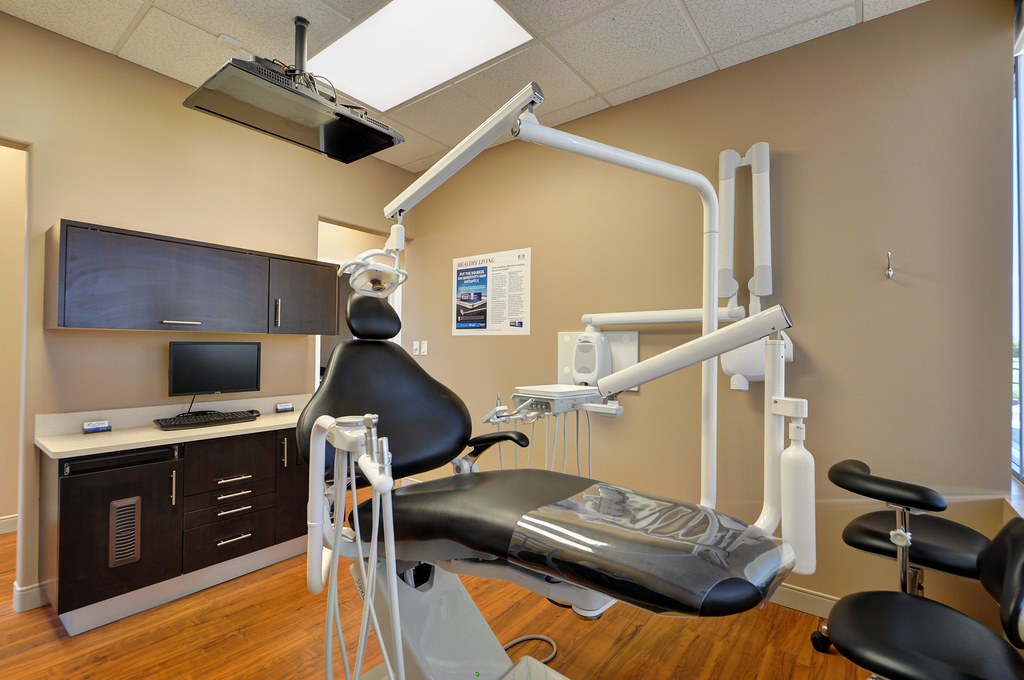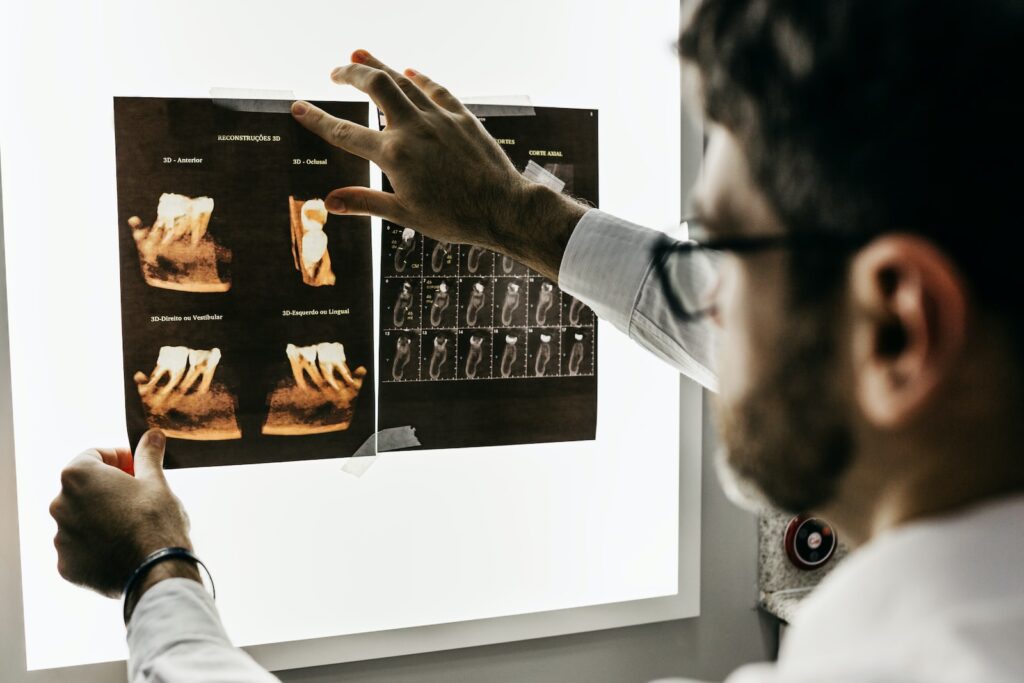HIPAA compliance is of utmost importance for all dental practices. The Health Insurance Portability and Accountability Act (HIPAA) outlines the laws in place to protect patient information from unauthorized access, use or disclosure. It is essential that every dental practice have a comprehensive understanding of their obligations under HIPAA and how it applies to them. This article will provide an overview of HIPAA’s regulations as they pertain to dental practices and what needs to be done for full compliance with these rules.
Understanding HIPAA And Its Relevance To Dental Practices
The Health Insurance Portability and Accountability Act (HIPAA) is a set of regulations that establishes the standards for protecting personal health information. It applies to any organization or individual who deals with protected health information, including dental practices. Understanding HIPAA compliance and its relevance in dental practices is essential for legal entities providing dental services.
Dental practices are responsible for maintaining the privacy and security of patient’s health data. This includes identifying risk areas, developing policies and procedures related to HIPAA compliance, conducting regular training sessions on understanding HIPAA requirements, monitoring user activities, as well as implementing appropriate technical controls to protect against unauthorized access or disclosure of confidential information. A failure to comply with HIPAA can result in significant fines and penalties from both federal and state governments.
It is important for dental practices to understand the importance of HIPAA compliance when it comes to protecting patients’ private medical records. Dental professionals should be aware of their obligations under the law and take steps to ensure they remain compliant with all applicable regulations. By taking these precautions, dental providers can help maintain their reputation as trusted care providers while ensuring vital patient safety measures are upheld at all times.
HIPAA Compliance Requirements For Dental Practices
HIPAA compliance is essential for dental practices to maintain the security of protected health information (PHI). HIPAA regulations require covered entities and business associates to develop, implement, and maintain an effective privacy and security program that protects PHI. Dental practices must adhere to the technical, administrative, and physical safeguards outlined by these requirements in order to ensure proper HIPAA compliance.
The most important aspects of HIPAA compliance for dental practices are developing policies and procedures regarding how PHI can be used or disclosed as well as risk assessments designed to identify potential threats or vulnerabilities within the practice’s environment. It is also imperative that staff members receive training on HIPAA standards so they understand their responsibilities with regards to protecting patient data. In addition, it is the responsibility of the practice to regularly review its policies and procedures to ensure they remain compliant with HIPAA regulations.
Dental practices should also take action when implementing technical safeguards such as encryption methods and authentication protocols which protect transmitted ePHI from unauthorized access. Furthermore, dentists must establish a process that prevents disclosures not permitted under HIPAA regulations while at the same time providing patients with appropriate copies of their own medical records when requested. Lastly, maintaining accurate audit logs provides documentation related to activities involving electronic systems containing PHI for investigative purposes if necessary.
It is clear that adhering to all applicable provisions set forth by HIPAA regulations requires significant effort from both practitioners and staff members alike but ultimately helps foster trust between dentist and patient knowing their personal information remains secure.
Common HIPAA Violations In Dental Practices And How To Avoid Them

HIPAA violations are one of the major concerns for dental practices. It is important to understand what constitutes a violation and how to avoid any potential breaches in order to ensure compliance with HIPAA regulations. Some common HIPAA violations seen in dental practices include: failing to provide adequate patient privacy protection, not obtaining proper authorization before disclosing protected health information (PHI), sharing PHI without encryption or other security measures, and storing unencrypted electronic data on mobile devices.
To avoid these types of violations, it is essential that all healthcare professionals involved abide by the HIPAA requirements when it comes to protecting patient’s private health information. This includes using secure methods such as encryption technology when transferring PHI electronically, implementing strong physical safeguards like locked filing cabinets and restricted access areas, regularly monitoring staff access levels, providing regular training programs regarding HIPAA policies and procedures, and conducting frequent risk assessments. Additionally, organizations should have clear contingency plans outlined in case of a breach so they can respond quickly and limit further damage.
Ultimately, following all of the necessary steps helps protect both patients’ confidential information as well as their practice from costly penalties due to non-compliance with the law which could result in fines or jail time. Taking proactive action towards understanding and complying with HIPAA will help keep dental practices safe from legal repercussions while also allowing them to provide quality care for their patients.
HIPAA Compliance And Technology In Dental Practices
Dental technology plays a key role in ensuring HIPAA compliance by allowing dental practices to securely store, transmit, and retrieve sensitive patient information. This includes software systems such as Electronic Medical Record (EMR)/Electronic Dental Record (EDR) solutions, which allow secure storage and transmission of patient records while keeping them compliant with current HIPAA regulations. Additionally, encryption technologies are often used when transmitting confidential personal health information so that only authorized individuals can view and use the information.
In addition to EMR/EDR solutions, there are other technologies available that can help dental practices stay compliant with HIPAA regulations. For instance, digital signature technologies can provide an additional layer of security when signing documents electronically without compromising confidentiality or integrity of the document itself. Moreover, biometrics authentication tools have emerged as a new way to verify identity whilst also providing increased levels of security for accessing protected health information. By utilizing these various technologies correctly within their daily operations, dental practices can successfully meet all requirements outlined under the HIPAA Privacy Rule and remain compliant with applicable laws regarding patient data protection.
Conclusion
In conclusion, HIPAA compliance is critical for dental practices in order to protect the privacy and security of patient health information. It is essential that these organizations understand their obligations under HIPAA, as well as potential risks associated with non-compliance, such as civil and criminal penalties or reputational damage resulting from a data breach. Dental practices must ensure that all staff members are properly trained on HIPAA requirements and have ongoing education about changes in relevant regulations. Additionally, it is important that they invest in technology solutions to support compliant operations, including encryption for electronic protected health information (ePHI). By taking proactive steps towards ensuring HIPAA compliance, dental practices can reap valuable benefits while protecting themselves against liability and maintaining trust with patients.

